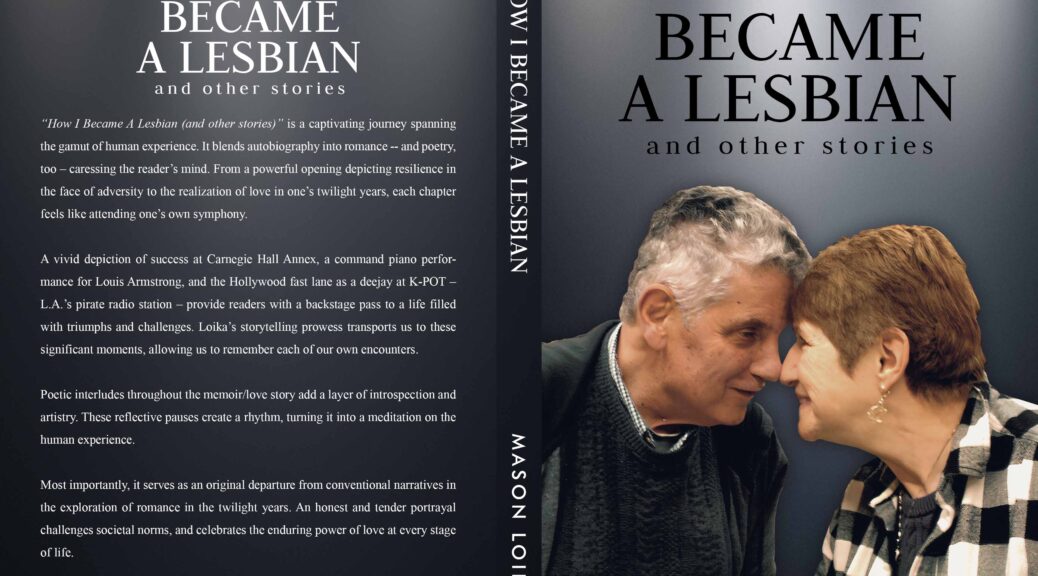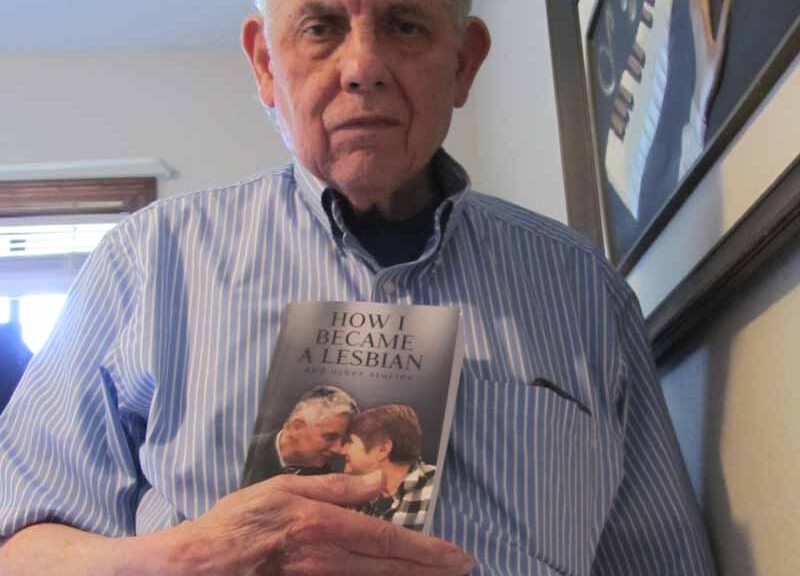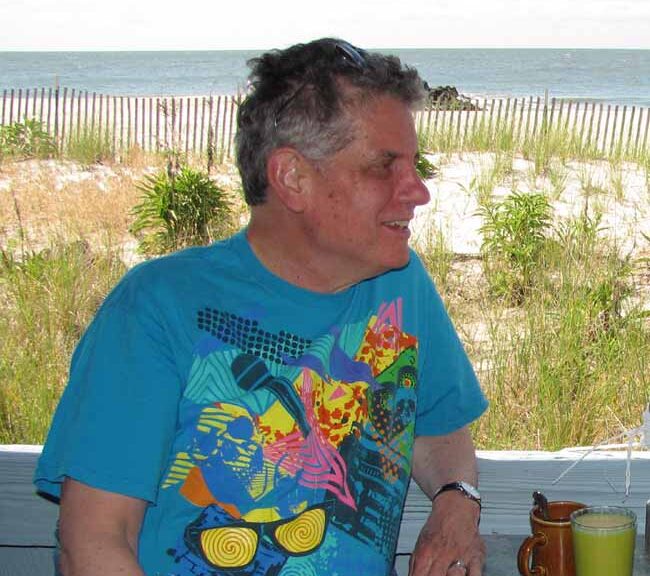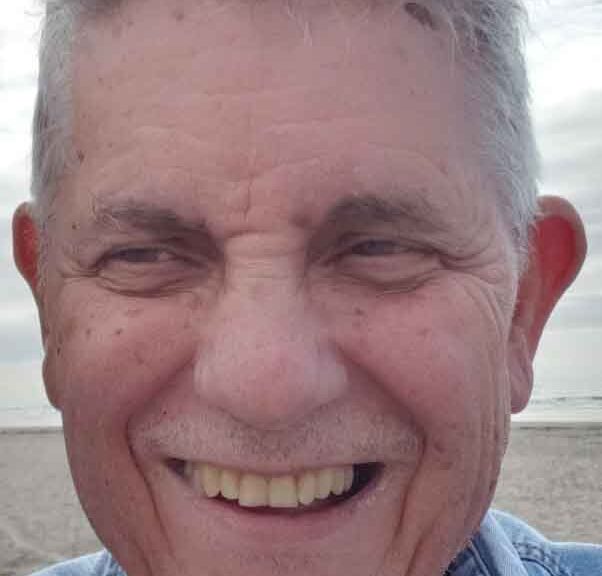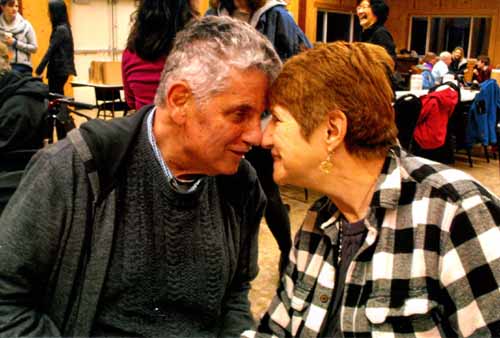Two days ago, all monies paid Amazon Publications by me were returned, marking its admission the printing quality of How I Became a Lesbian (and other stories) cannot be upgraded. I promptly phoned James Dean at the newly renamed E-book Publications for his explanation.
Dean tersely explained, “Because you filed a dispute for marketing.”
Indeed, I did exactly that.
Once Cousin Margaret Johnston warned me about flaws in the book’s printing, I put a stop to Amazon Publications’ $2,000 charge for marketing, disputing it with my credit card company. As of Monday, June 3, 2024, Amazon consents to my outrage, and, in addition to its three-month marketing charge, has returned ALL payments I gave in anticipation of publishing the story of my life.
Why did I stand up for quality? I grew up in Hialeah and Miami, Fla., surrounded by literary ghosts. My mother was an esteemed English teacher whose library was filled with classics. I never would hawk a flawed book, not even mine.
Therefore, I advise you to look on the bright side: The book has been published, with a fuzzy typeface that makes it a challenging read, though another avenue doesn’t share such a handicap: Kindle. That is the only way left to comfortably consume my work of a lifetime.
I have become skeptical that we will see improvements to the book’s flaws anytime soon. But, to continue making lemonades out of lemons, rejoice in knowing I escaped a pool of carnivorous sharks who feed upon their prey in the deep seas of Marketing.
The book, with fuzzy typeface and all, and its Kindle companion remain available on amazon.com.
